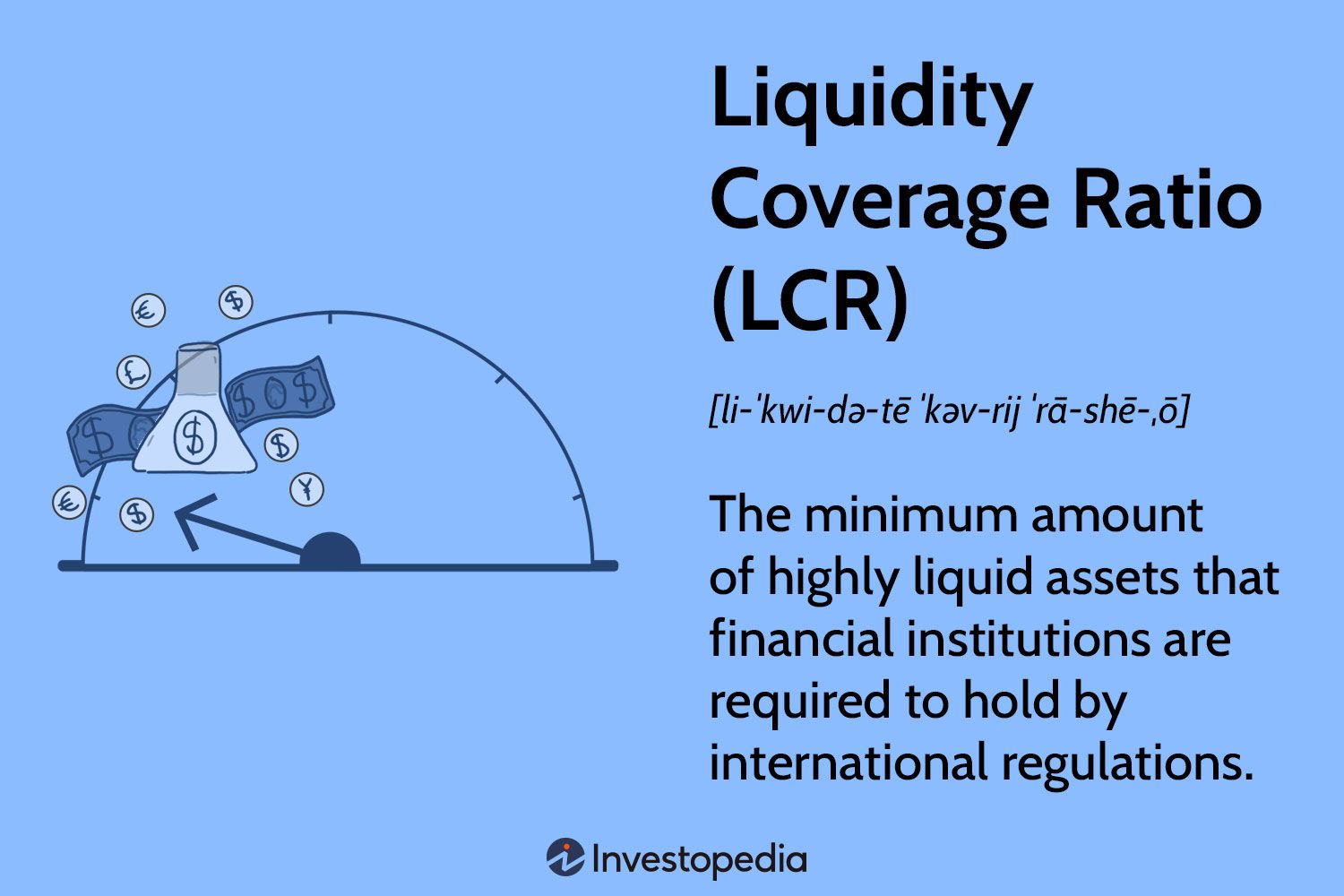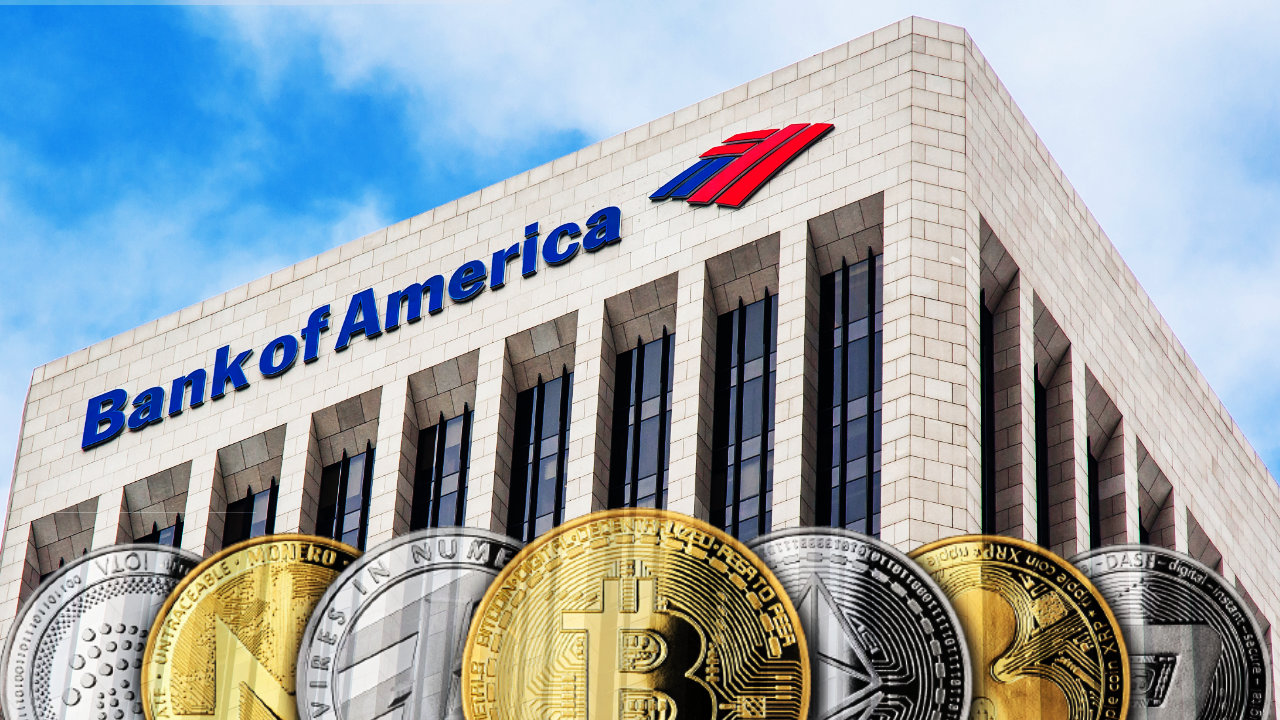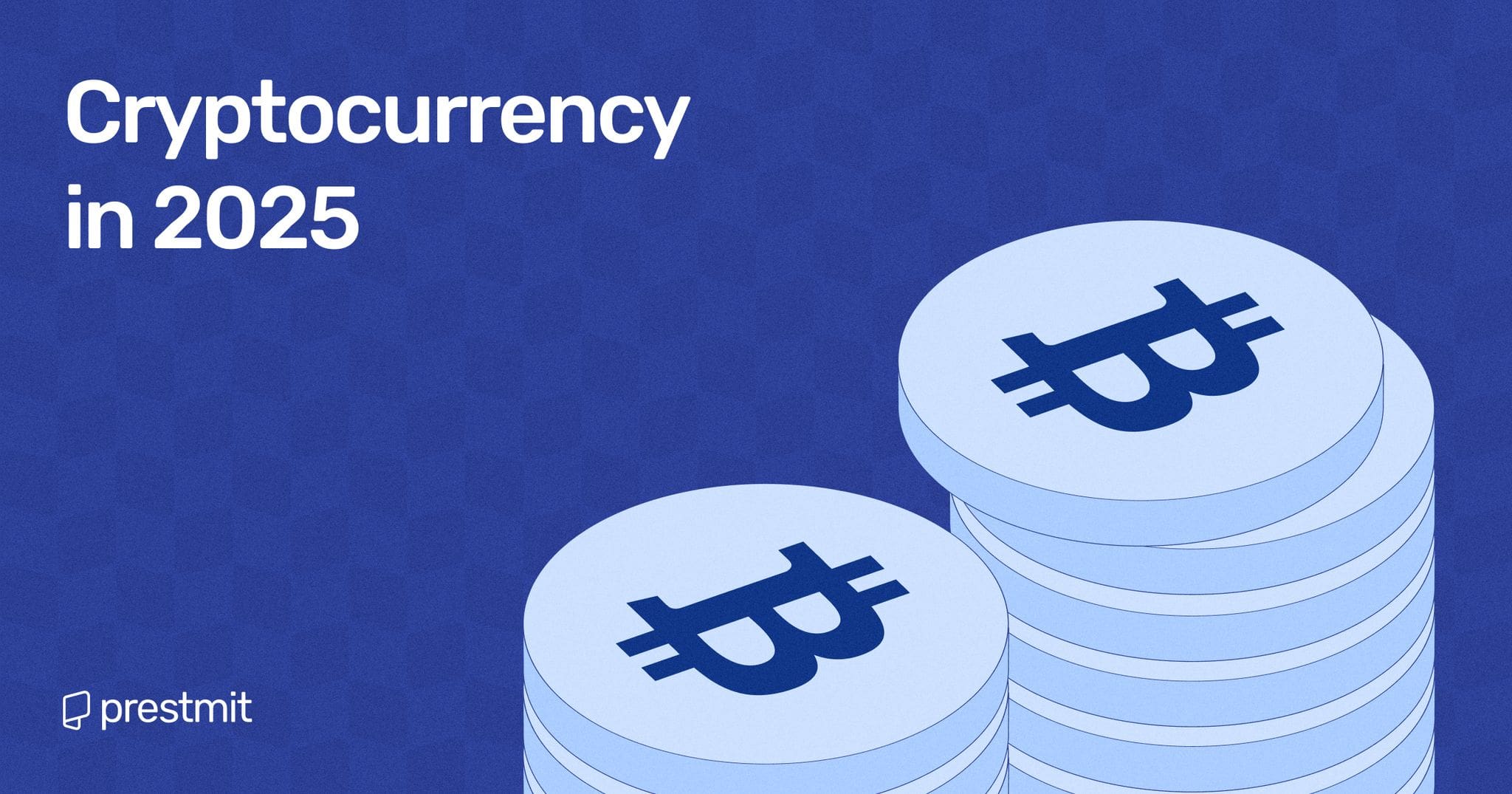The Rise of Cryptocurrency Debit Cards and the Metamask Card
Cryptocurrency debit cards and their impact on adoption
The introduction of cryptocurrency debit cards has been viewed as a potential game-changer for the adoption of cryptocurrencies in everyday life. One such card is the MetaMask Card, which allows users to pay with their cryptocurrencies, such as USDC, USDT, and WETH, without having to transfer them to a separate account or exchange.
This card functions like a traditional debit card, with the cryptocurrency being converted to fiat currency at the time of transaction. However, unlike traditional debit cards, users retain full control over their private keys and, therefore, their cryptocurrencies.
Security and control
The MetaMask Card has been praised for its emphasis on security and control. Users do not need to transfer their assets to a third-party provider, ensuring that their funds remain secure.
Pilot phase and future plans
The MetaMask Card is currently in a pilot phase, available to a limited number of users in the EU and UK. To participate, users must sign up for a Crypto Life account, which requires personal data such as email and phone number, and undergo a Know-Your-Customer (KYC) process.
Despite these promising developments, some users have expressed concerns about the potential risks and regulatory uncertainty surrounding cryptocurrency debit cards.
Reactions and concerns
On the one hand, the introduction of ETFs that allow for easy investment in Bitcoin and Ether has been seen as a positive development for the cryptocurrency market. On the other hand, some experts have expressed concerns about the potential risks associated with these investments.
One concern is that the introduction of these ETFs could lead to increased volatility in the market, as more investors enter the market and prices become more sensitive to changes in demand.
Another concern is that the regulatory environment for these investments is still unclear, which could lead to uncertainty and uncertainty for investors.
Conclusion
In conclusion, the introduction of cryptocurrency debit cards such as the MetaMask Card has the potential to increase the adoption of cryptocurrencies in everyday life. However, concerns about security, control, and regulatory uncertainty must be addressed in order to ensure the long-term success of these innovations.
The MetaMask Card allows users to pay with their cryptocurrencies without transferring them to a separate account or exchange.
References
- [1] MetaMask, “MetaMask Card,” www.metamask.io/card.
- [2] Mastercard, “Mastercard and MetaMask Introduce Cryptocurrency Debit Card,” www.mastercard.com/news/press/press-archives/2022/press-archives-032222.html.
- [3] SEC, “SEC Permits Certain Stablecoin-Related Activities Without Prior Approval,” www.sec.gov/news/press-release/2022-032222-sec-permits-certain-stablecoin-related-activities-without-prior-approval.















